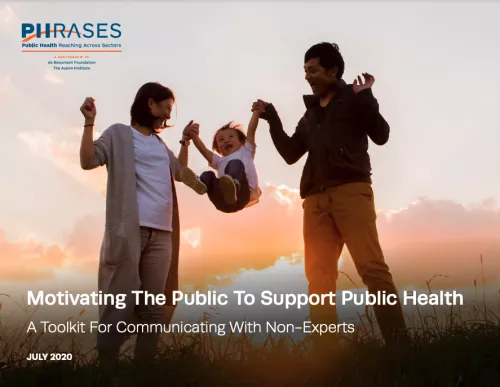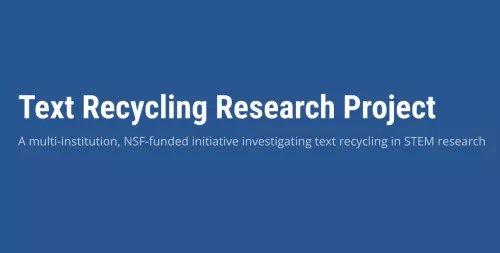CPR3 offers strategic support to researchers, helping amplify the impact of public health research across California. The CPR3 resource hub provides targeted technical assistance and tools designed to enhance the dissemination of findings and translation into effective policy. Explore the resources below to maximize your impact and drive meaningful change.
This page was last updated on March 12, 2025.
Policy Brief Starter Kit
Community Engagement
Communication Tools
Other Resources
- How to communicate effectively with policymakers. A guide for academics. Read the Guide. (Bennet Institute for Public Policy, Cambridge)
- How to write an op-ed or column. (Harvard Kennedy School of Government)


